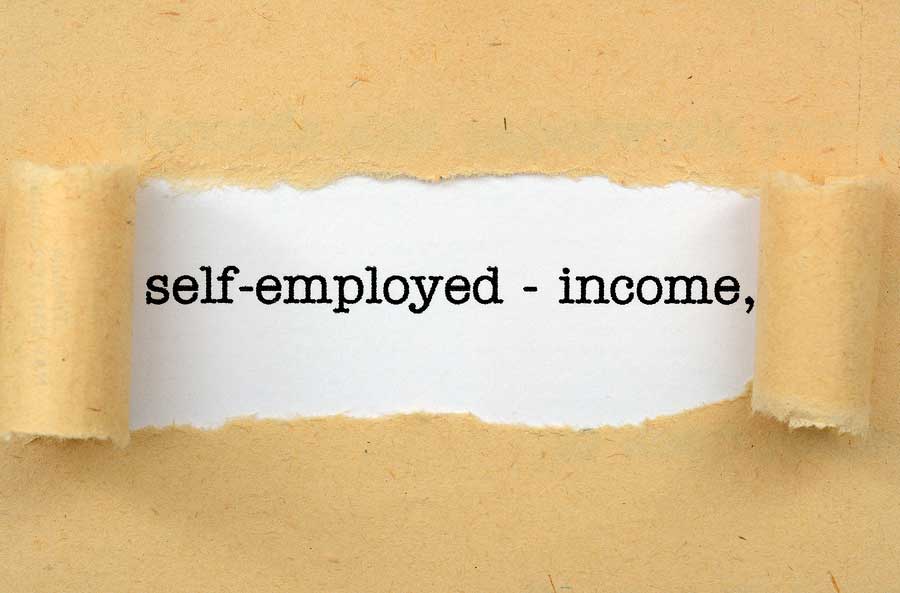Dependency Exemptions: How Claiming Dependents Affects Taxes and Child Support
What is a Dependency Exemption?
A dependency exemption is an amount of money you can deduct from your adjusted gross income for tax purposes. Exemptions are highly desirable, as they reduce taxable income, thereby resulting in less income tax. The actual amount that can be deducted varies from year to year. For example, in tax year 2016, the dependency exemption has a maximum value of $4,050. In 2014, the amount was $3,950, and in 2015, the amount was $4,000.
Dependency Exemptions and Child Support
As a general rule, parents are entitled to a dependency exemption for each child they support; however, there is only one exemption available for each child that cannot be split unless parents file a joint tax return. Therefore, in a divorce or contested custody matter, the issue of who receives the dependency exemption is an important issue to resolve. In the context of child support, because a dependency exemption affects net income, it also affects child support.
Qualification Rules for Dependency Exemptions
The IRS sets the qualification rules for dependency exemptions. In order to claim a child on taxes, a parent must pass a number of tests, some of which are listed below:
- The child must be the parent’s biological, adopted, foster, or step child.
- The child must be under the age of 19, under the age of 24 and a full-time student, or any age in permanently and totally disabled.
- The child must have lived with the parent for more than half the year.
- The child cannot have provided more than half of his or her own support for the year.
- The child cannot be filing a joint tax return for that tax year.
Therefore, according to the IRS, the primary custodial parent is the parent presumptively entitled to the dependency exemption. Any time there is a dispute regarding which parent claims the dependency exemption, the judge must follow federal law and give the exemption to the custodial parent. There are many times when following the law does not make sense and actually harms both parents. As such, it is often in both parents’ best interests to analyze what makes the most sense for them and their child.
Which Parent should receive the Dependency Exemption?
Child support is based in part on each parent’s net disposable income. The more net income a child support payor has, the greater the child support obligation. The more net income a child support payee has, the less the child support obligation. Dependency exemptions typically increase net income, thereby either increasing or decreasing child support, depending on who claims the child. Claiming a child does not create a “dollar for dollar” increase or decrease in child support, so it is important to specifically determine the benefit or loss.
As a general rule, the parent who earns more taxable income receives a greater value for the dependency exemption. For a parent with little to no taxable income, there is a very limited benefit to this exemption. For example, a stay at home parent has no income except for possibly spousal support (alimony). “Deducting” $4,000 from no earned income will result in no benefit to that parent. Conversely, assume the other parent earns $100,000 a year. That parent would benefit from deducting $4,000 from earned income because that parent would pay less in taxes.
In the scenario above, it may make more sense for the stay at home parent to allow the working parent to claim the child. The stay at home parent loses nothing, but because the working parent’s net income increases, the working parent would likely pay more in child support. The stay at home parent benefits from more child support, and the working parent has more net income due to the dependency exemption. Both parents have more money in their pocket due to the tax savings.
Conversely, when a parent earns too much income, the dependency exemption begins to lose value, up to the entire amount. A parent earning in excess of $400,000 annually will likely receive no benefit to claiming a child on taxes. Therefore, assuming the other parent earns less, the high earning parent should make sure the other parent claims the children as dependents.
You can use our California Child Support Calculator to find out how the dependency exemption will affect the child support in your case.
If a custodial parent wishes to give the dependency exemption to the other parent, it is generally a good idea for both parents to complete and sign documentation that supports their agreement. The formal document is IRS Form 8332. In addition, their agreement should be reflected in their child support orders.
An agreement to release a dependency exemption to the other parent can be done on an annual basis, or for any agreed upon period of time. It can be revoked through both a court order and with IRS Form 8332. It can also be changed when circumstances change. Since the future is always uncertain, especially when it comes to children, it’s important to make sure that agreements regarding dependency exemptions allow for that uncertainty.
Dependency Exemptions and Filing Status
What parents cannot do is change their tax filing status. Many people mistakenly believe that filing taxes as Single or Head of Household can be interchanged with the dependency exemptions. While parents can reallocate dependency exemptions, they cannot exchange the Head of Household tax filing status. Parents who file as Head of Household must independently qualify to use that tax filing status.
There are a number of other options parents have regarding dependency exemptions. If parents have two children, each parent can claim a child. Parents can also choose to alternate exemptions based on tax year. For example, one parent can claim the child or children in odd years, and the other parent can claim the child or children in even years. Looking at this issue as a way to maximize both parents’ incomes is a better choice than looking at it as an automatic right or entitlement.





